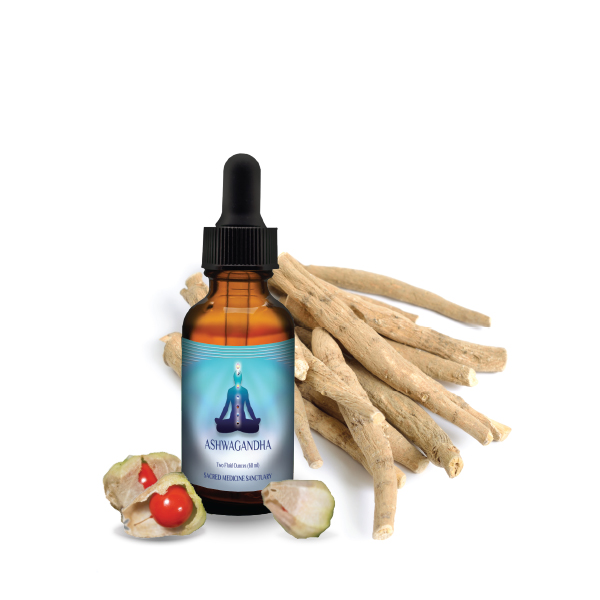


Ashwagandha holds a premier place in the Ayurvedic pharmacopeia. It is both a rasayana herb, meaning one that aids the quality of life and longevity, as well as an adaptogen, an herb that improves our ability to cope with stress. This herb has a multitude of uses but to understand how research of prized Indian herbs is conducted, it is useful to consider how well an herb protects the patient from damaging changes when exposed to chemical, metallic, or radioactive hazards and how successfully the herb protects against free radicals. Ashwagandha is very high on the list of such valuable herbs, but it is most often used to improve male potency and endurance. Contemporary researchers are focused on the capacity of ashwagandha to stabilize mood and brain function during aggressive treatments such as radiation and chemotherapy. Ashwagandha has been the object of much research and litigation over patents and biopiracy, indicating it is highly valued by traditional medicine practitioners and the governmental agencies protecting ancient systems of medicine as well as companies seeking profits. Studies show that cortisol levels do not increase when taking ashwagandha during times of stress. It is also one of the herbs most frequently cited in studies of telomeres.